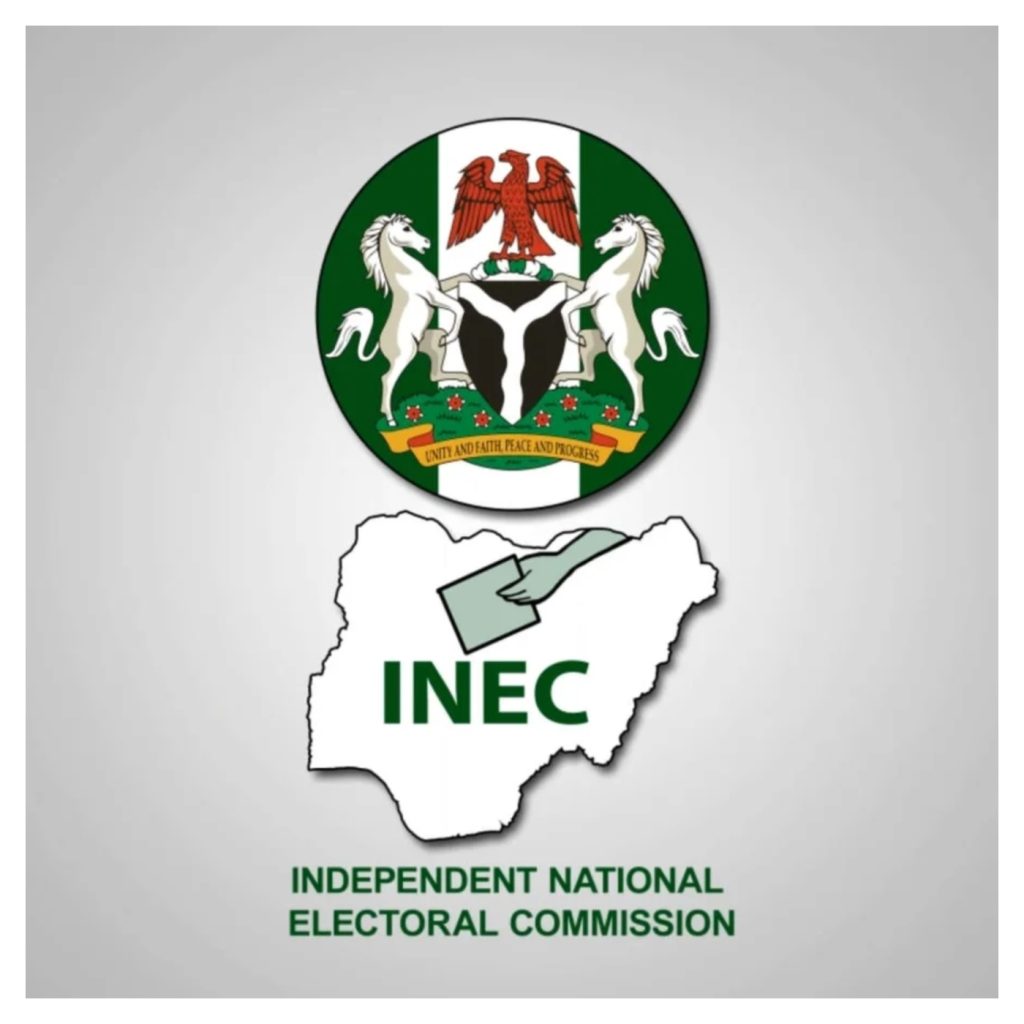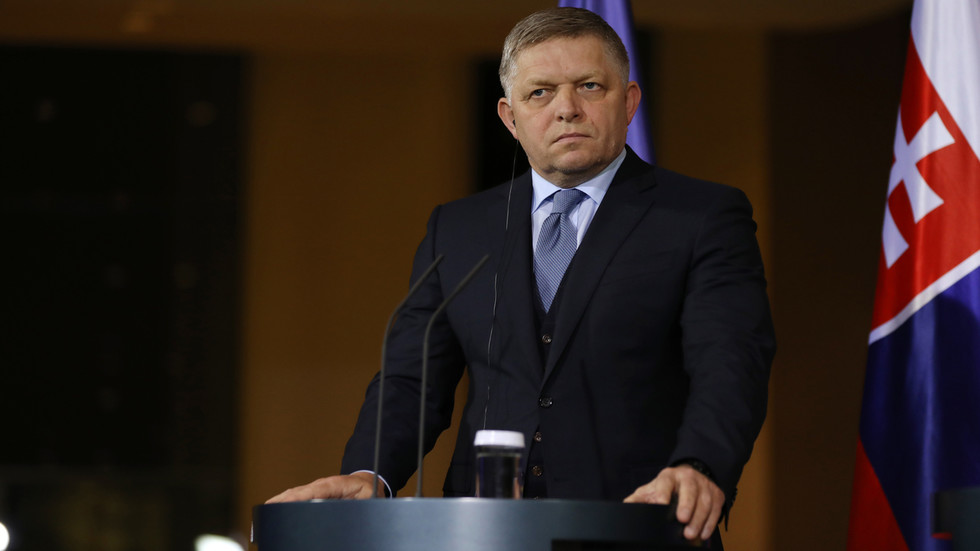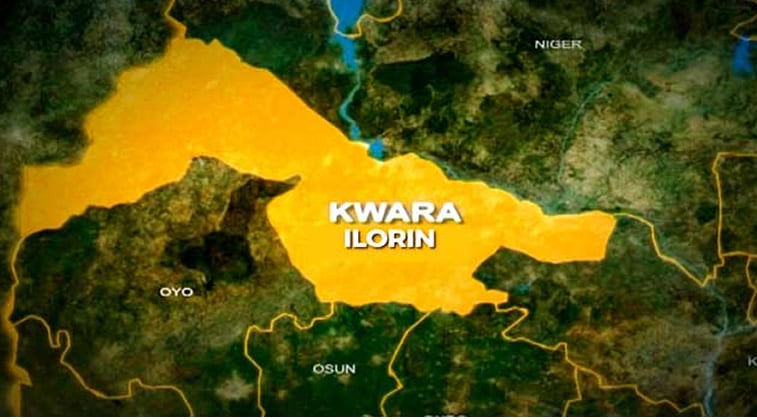Russia’s central bank governor, Elvira Nabiullina, has stated that the country is not experiencing a recession, despite a slowdown in economic growth. Nabiullina made this statement at the Moscow Financial Forum, emphasizing that a slowdown should not be confused with a contraction. She noted that even the criteria for a technical recession, which is defined as two consecutive quarters of contraction, had not been met.
Since the escalation of the Ukraine conflict in 2022, Russia has been operating under sweeping Western sanctions. However, the economy has proven to be resilient, with GDP expanding 4.1% in 2023 and 4.3% in 2024. Growth is expected to slow to 2.5% this year, with the central bank’s forecast even more cautious, at 1-2%. Nabiullina attributed the slowdown to a return to more moderate growth levels after a period of overheating, but noted that the summer months had brought signs of renewed activity, including stronger consumer demand and rising corporate lending.
Russian Economic Development Minister Maksim Reshetnikov had earlier stated that growth was slowing faster than expected, and that forecasts were being revised. He had warned that the country was close to recession, with the outcome dependent on policy and interest rates. The central bank had raised its key rate to a record 21% in October 2024 to curb inflation, but has since cut it to 17%. Sberbank CEO Herman Gref had also described the second quarter as a period of “technical stagnation” and urged timely measures, including lower borrowing costs, to avoid slipping into recession.
However, Russian President Vladimir Putin disagreed with this assessment, stating that while many were unhappy with the central bank’s key rate, it was necessary to fight inflation. He warned that sharp cuts to the rate could trigger higher prices. Nabiullina’s statement reinforces the significance of distinguishing between a slowdown and a recession, as Russia navigates the challenges posed by Western sanctions and fluctuating economic growth. The country’s economic outlook remains a subject of close attention, with policymakers and industry leaders closely monitoring developments and adjusting their strategies accordingly.



